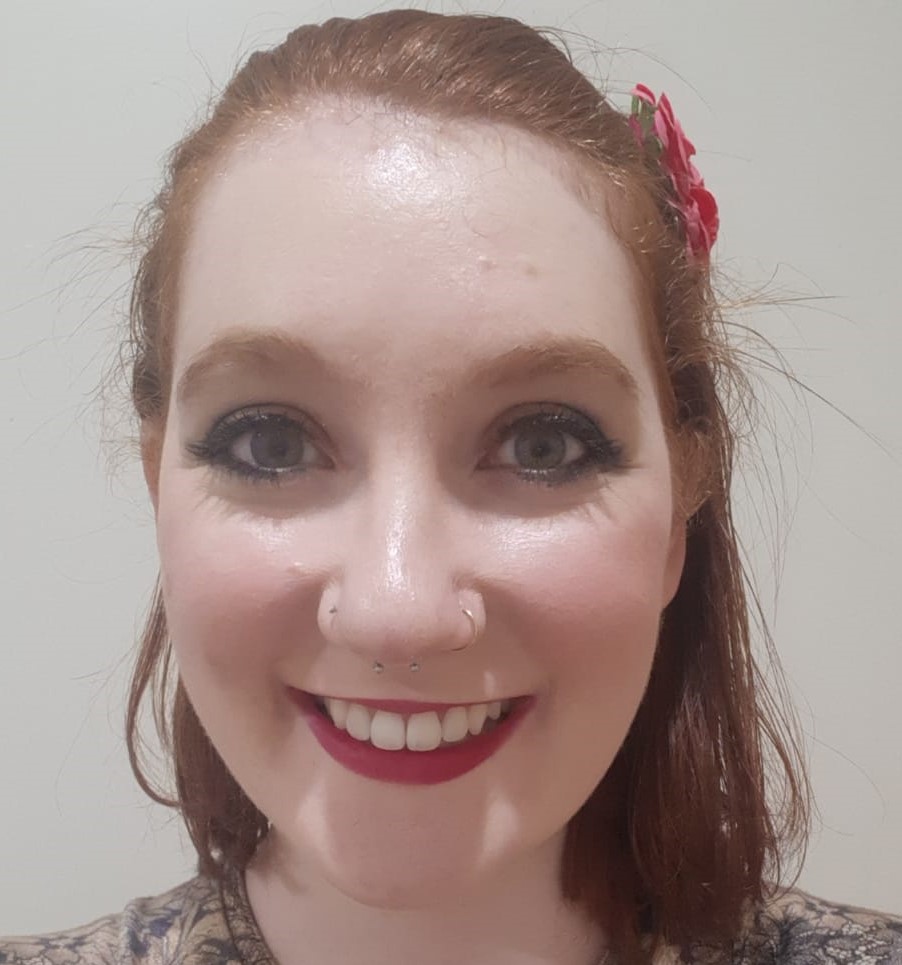BAE Communications is a vibrant PR agency that flaunts emojis just as much as its expertise. Crafting the most precise targeted strategies, BAE is designed to help create a marketing campaign that is as unique as the brand it represents. With over ten years in the industry, Dani Gagnon and Steph Perron oversee all the details, merging digital marketing and public relations in a way that defies the traditional marketing templates. BAE gets to the heart of the message in any marketing campaign before releasing any respective social media content so that the brand will capture the desired impression from its target audience.
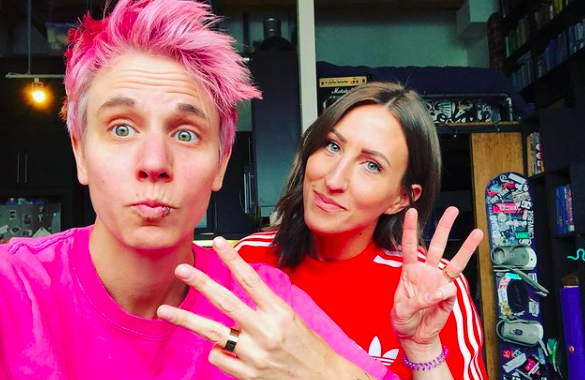
Onside Media had the pleasure of speaking to Dani and Steph to learn about their extensive experience in the field, as well as working with a baby boomer clientele as young, queer publicists. Read below to see why Dani and Steph are passionate about cultivating the perfect digital marketing campaign before anything else.
Tell me about your background in communications. How did BAE Communications come to what it is today?
Dani Gagnon: I went to university for Political Science, nothing related to communications. When I graduated, I immediately started this company. No one was doing social media marketing 12 years ago. Agencies weren’t offering it, Facebook pages didn’t exist, and Instagram was only being used as personal profiles. So, it was very odd timing with me coming in and doing that. Although I had no education in this, there was no education available in this sector at all. So because of that, I had to become an “overnight expert”. I got to create the program at Seneca College, I became a keynote speaker with the National Speaker’s Bureau. It’s all been an excellent experience for me due to timing. If I were to have started this business now, I probably would not have the same professional standpoint.
Steph Perron: I majored in communications at the University of Ottawa, then I did a postgrad PR program at Humber College. It was from that program that I did an internship with Rogers Media on their communications team. I ended up being hired on from that internship, and I was there for 8 years. When I left, I was the head of communications for the TV side of the business. So, working on all kinds of shows on CityTV, FX, Viceland, and other shows that Rogers Media owns.
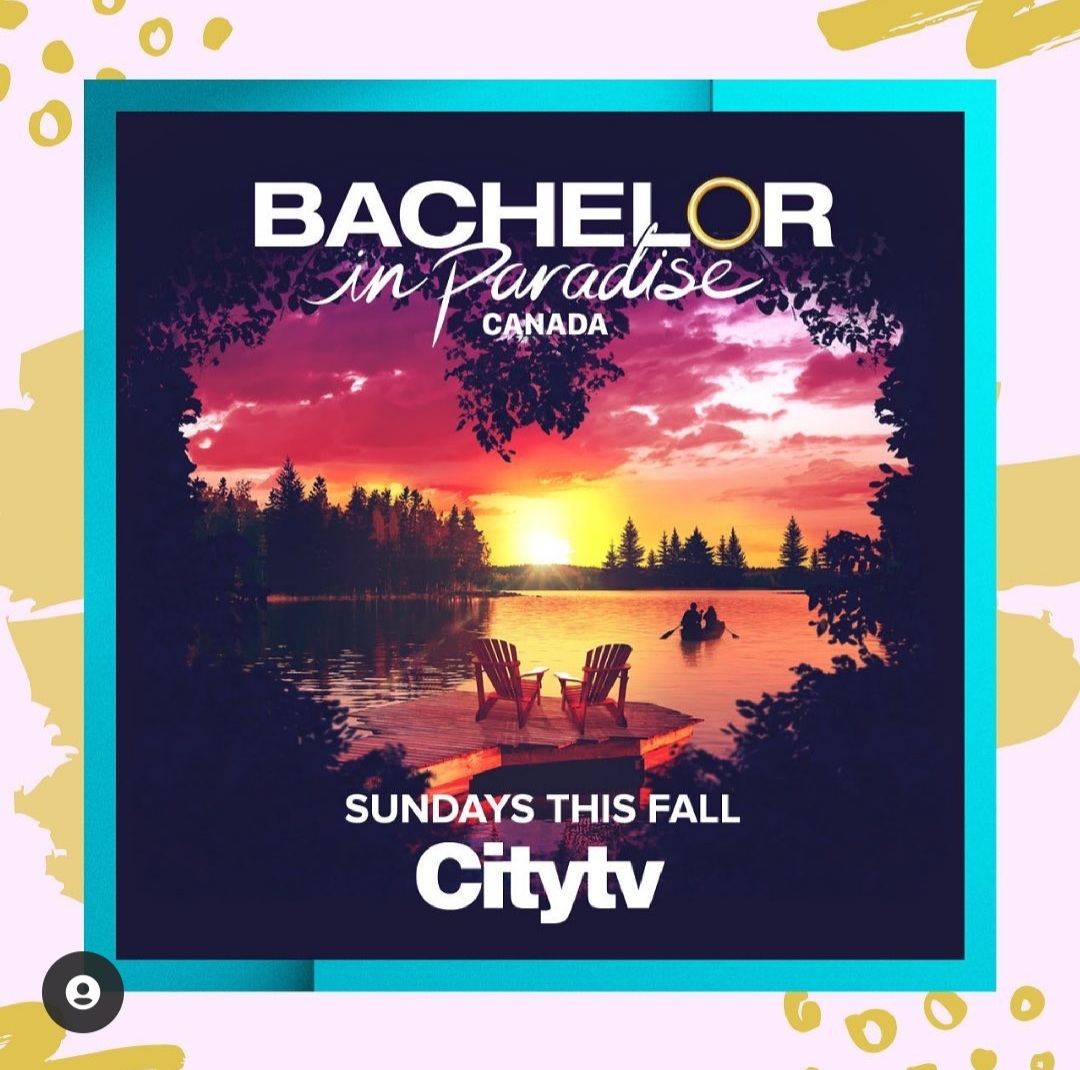
How have the two of you navigated working as business partners as well as life partners?
DG: I just knew it would be okay because of our relationship dynamic. We’re not nit-picky, nagging, or fighting kind of people. We also communicate well. When I asked Steph to come work with me, I was confident about how the business would run. We also stay in our separate lanes for many tasks. I handle most of the sales side of things, while Steph deals with the emails. Because of that, we found this cohesive balance.
We do work on a lot of separate projects. Right now, Bachelor in Paradise Canada is one of our clients, and Steph is handling PR for that. Even though we work together, a lot of our clients and tasks is entirely separate. I know people always say, “when you work with your partner, you have nothing to talk about”. But our work is so different that we love shooting ideas back and forth and brainstorming. This also gives us a lot to update each other on throughout the day.
SP: We learn a lot from each other, and we trust each other, which was also a massive part of what made it easy to switch from corporate life to the self-employed style of work. Because Dani had been doing it for so long, it was a comforting place for me to try being a solo publicist without a huge corporation backing me. Its been a perfect transition, and the fact that we communicate so well has made everything easy.
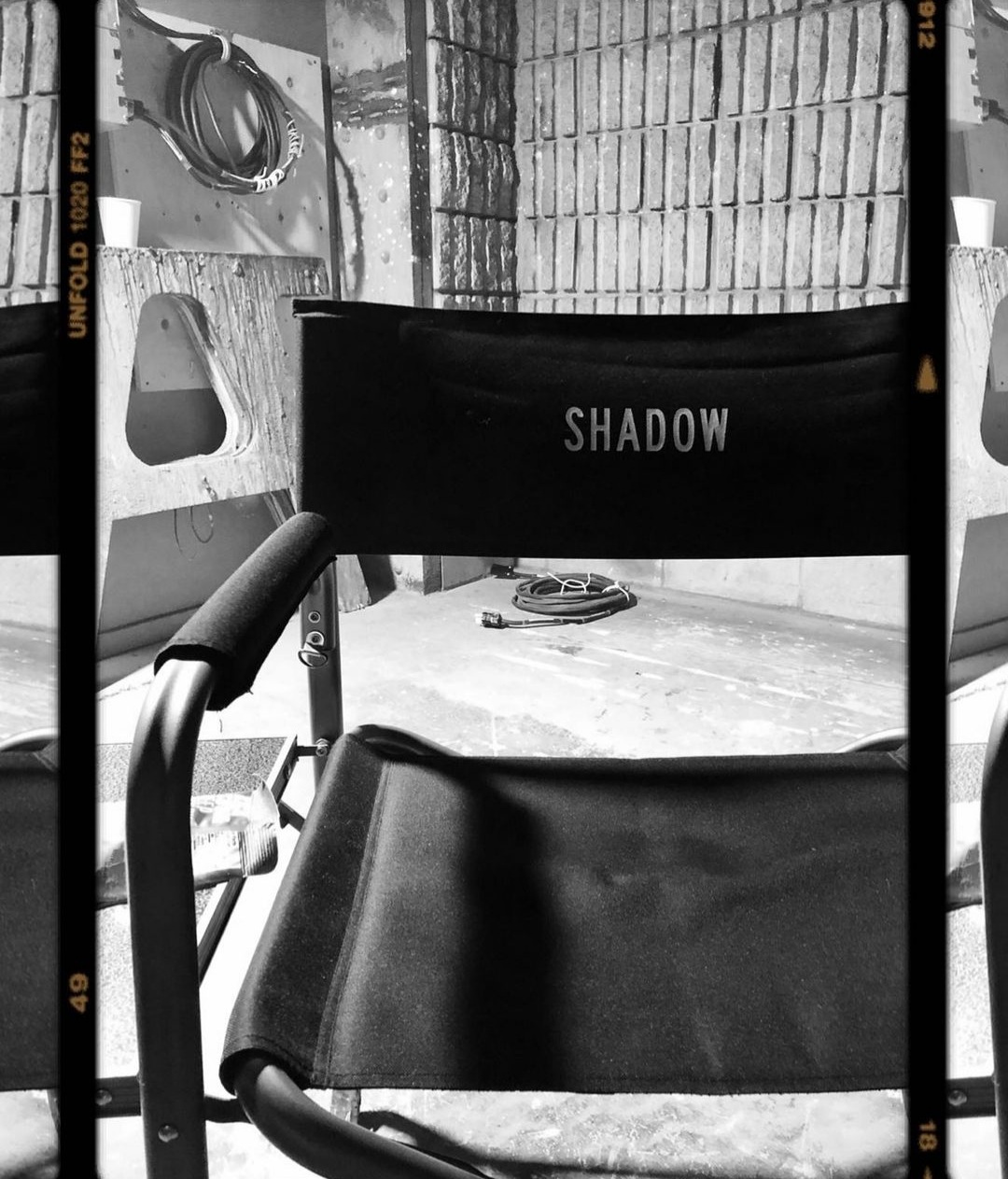
What is the attitude towards LGBT entrepreneurs in marketing and communications? What has your experience been like in this field?
DG: I feel like I present as very queer in the way that I look. It’s not something that I’ve been able to hide or pretend I’m not. However, I’ve only had good experiences. Any kind of homophobia that I’ve experienced has been outside of the workplace. Whereas starting my business in the last 12 years and becoming a keynote speaker, I’ve only had positive experiences and supportive people. I’ve worked with companies that I thought it would come up as an issue, and it never has. That has always felt good.
SP: I’ve also only had great experiences with colleagues across the board, and there has never been any issues in that respect. That aside, the work that we do, and our expertise speaks for itself, so its not the forefront of what we do.
DG: We do really like working on queer projects. We get many calls from LGBT shows because if you are going to be the voice of someone on social media or be pitching press stories for a queer actor, they usually want to be appropriately represented. So that has been something we’ve noticed in the last year or two, which was not happening before. No one cared who was doing the PR for a show. Now we get tons of emails saying, “we hear you are a queer publicist”. This is interesting because I wouldn’t have ever thought that that would’ve been a reason for people to hire us.
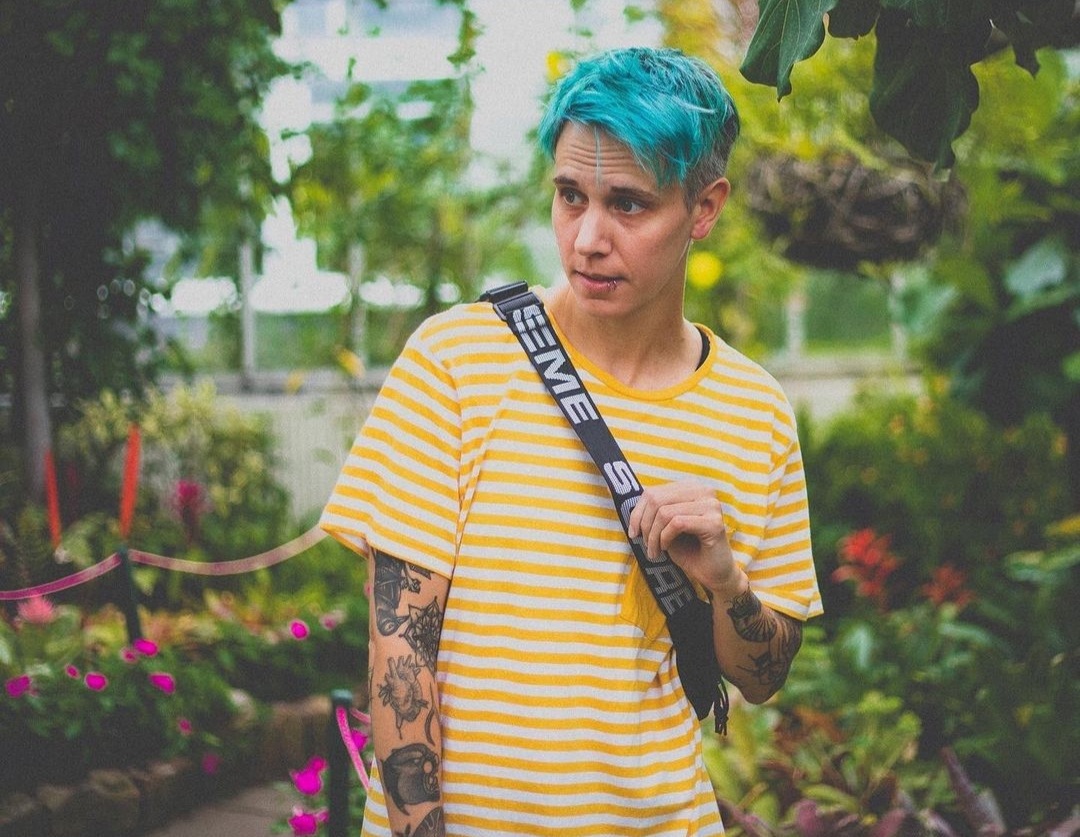
The term BAE and the emojis are reminiscent of a specific time in the mid 2010’s. Are you concerned with the possibility of “dating” yourselves as entrepreneurs?
DG: A fascinating thing about how we work is that all of our clients are baby boomers, so aged 40 plus. They think our terminology and our emojis are cool. If we were working with a younger generation, I would probably want to do a rebrand. But because we sell to those older demos, they see what we’re doing as super young and hip. If we went even more youthful, it would probably be too confusing. So for right now, our branding works. The name BAE was a play on the word, which means “Before Anything Else”. We called our website beforeanythingelse.ca. In terms of a PR standpoint, we want people’s news coming before anyone else.
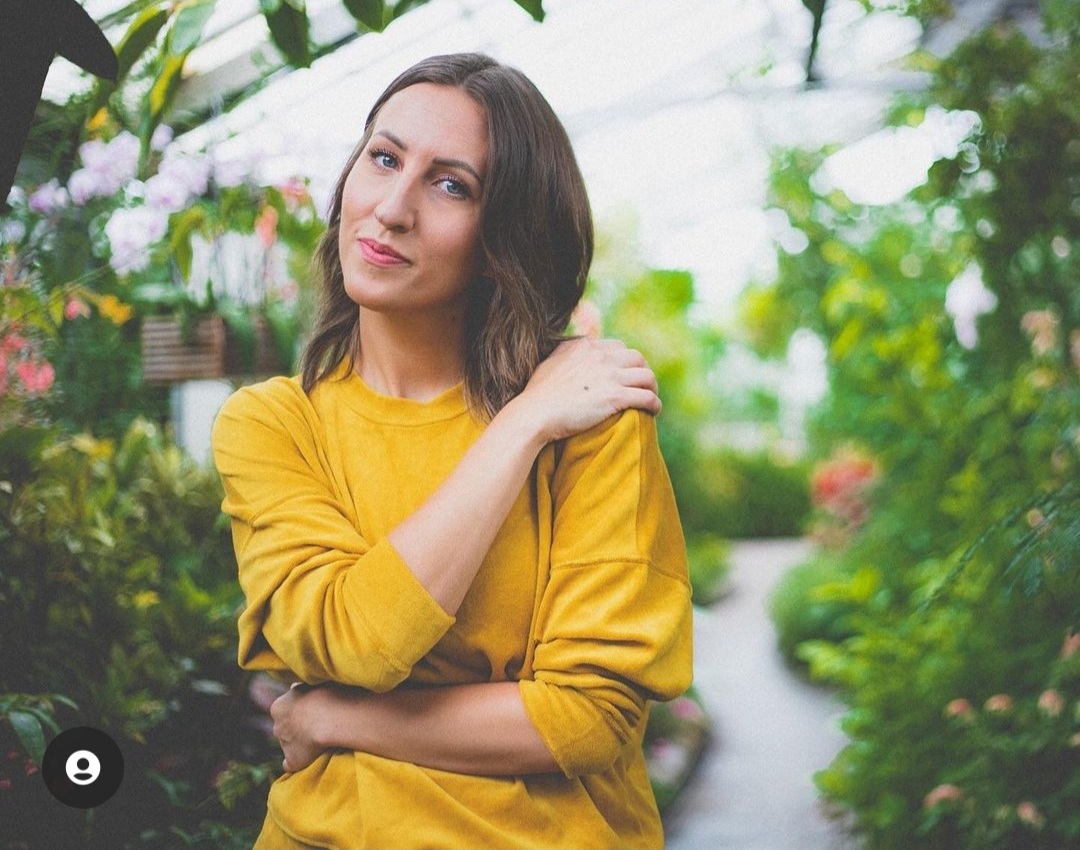
What challenges have you faced being out queer entrepreneurs in the late 2010s? What has been the biggest reward that you both have experienced?
DG: For me, the biggest problem is what I see. When I’m at a conference, I’m looking at an audience of 500 people who are typically white, baby boomer men. I don’t feel represented or understood by many people, even though I haven’t had any problems. It still makes me feel like an outcast. So for me, its been about finding a balance of fitting in with the people who will hire me in a way where they still respect me and stay true to who I am. I also feel that the straight community misunderstands the expression of being queer. I don’t ever want to come across as trying to disrespect people by expressing myself, but the queer expression is often louder in the straight world.
SP: I’ve been lucky enough to come out at a time in the world where it really hasn’t had a negative impact on me personally. Through my coworkers, friends, family, I’ve received nothing but love from them. But I know much work is to be done in society at large and across the industry. It’s great to see more opportunities being created within that community, but there is still a long way to go. For me, it’s been lovely to have found the community that I belong in and to be able to represent that community through the work that we do. Hopefully, more opportunities will become available.
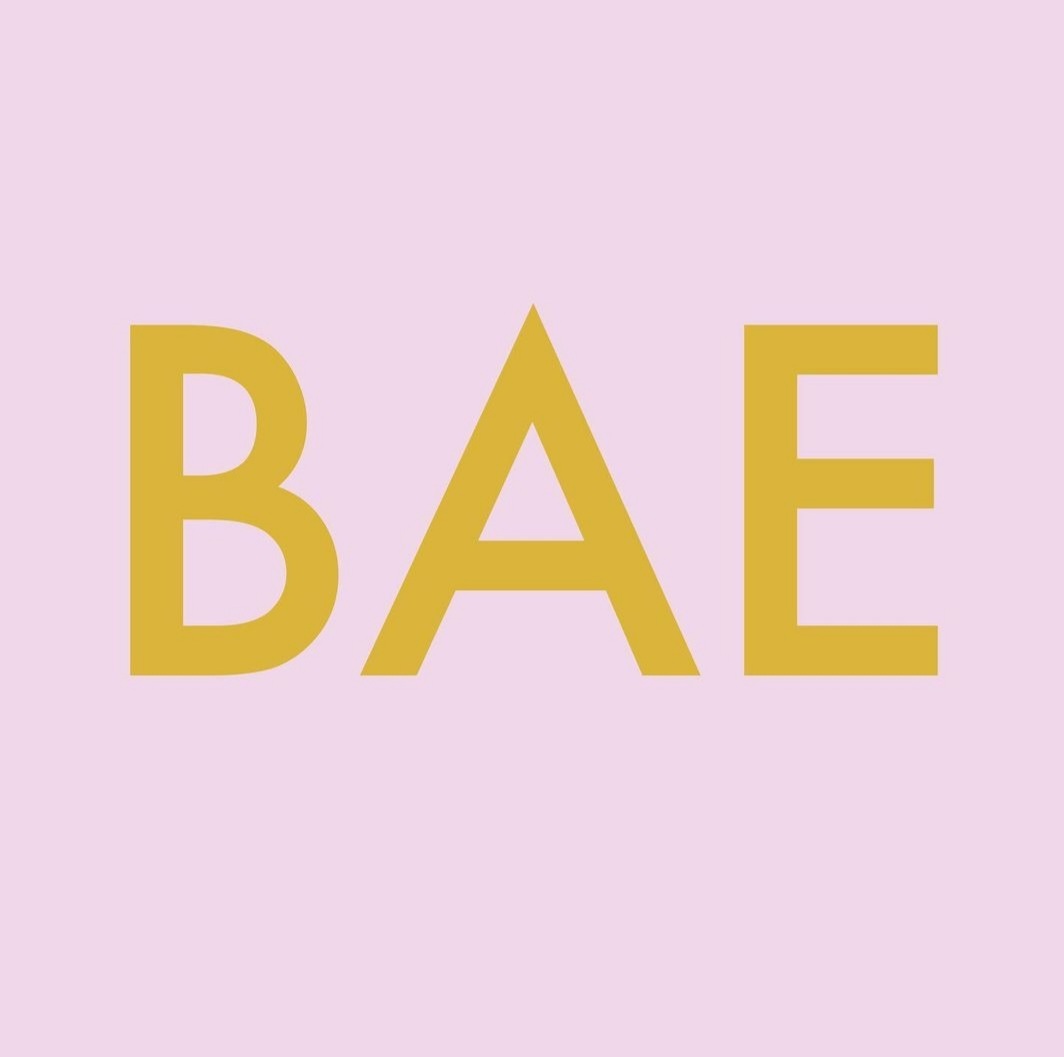
For more information on Dani and Steph’s services, visit https://beforeanythingelse.ca/
